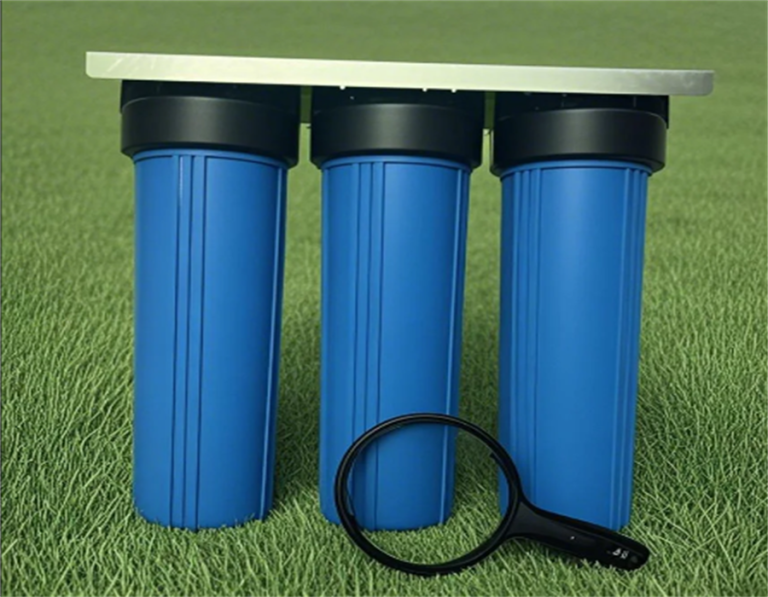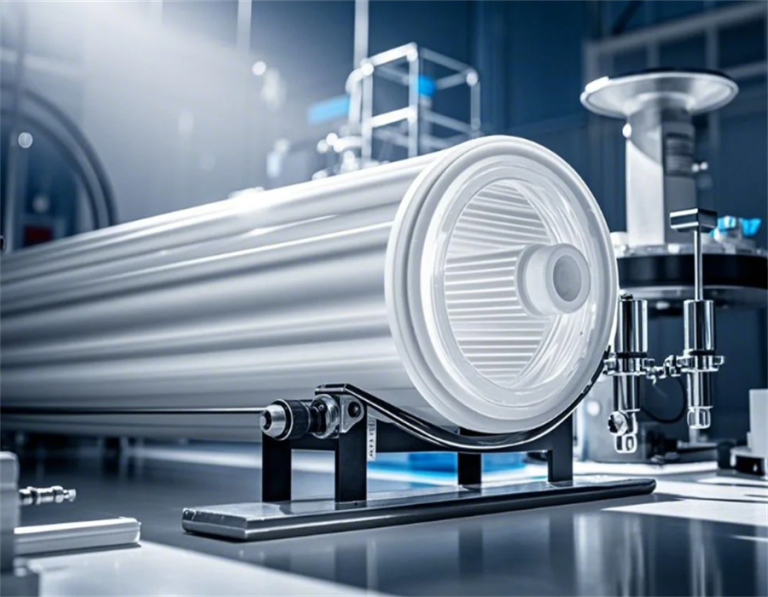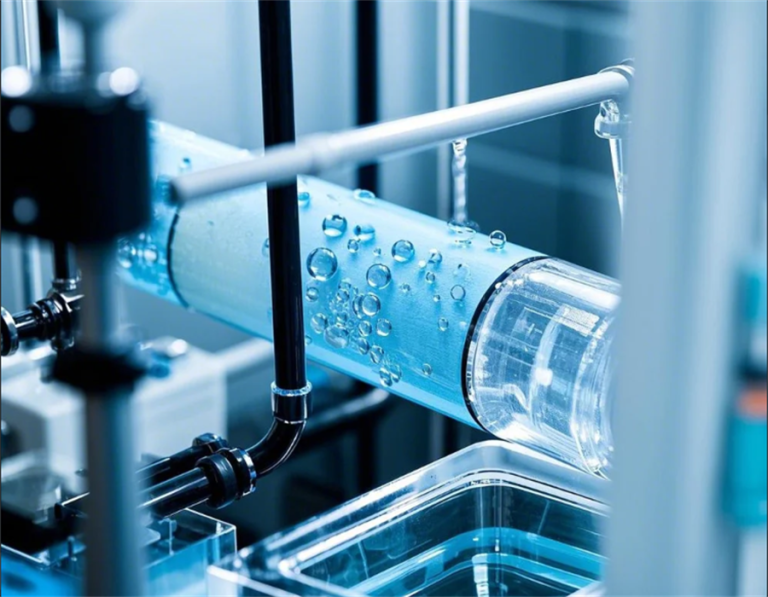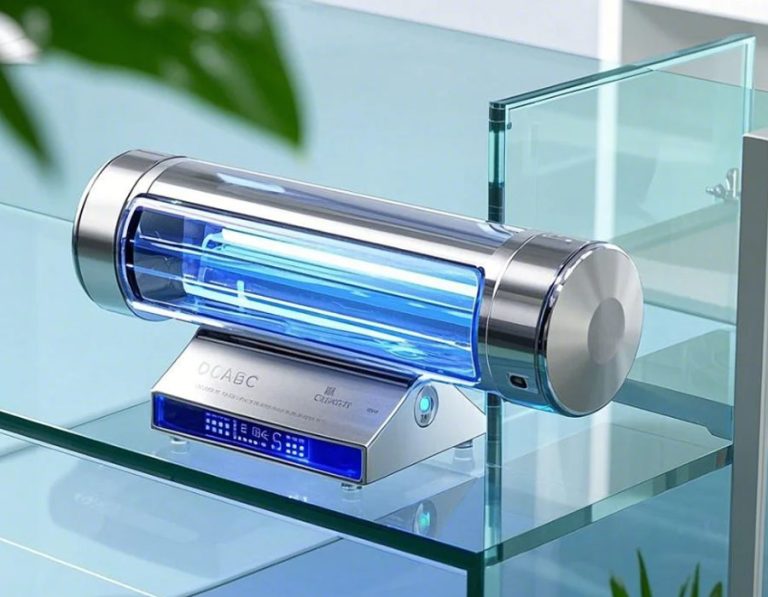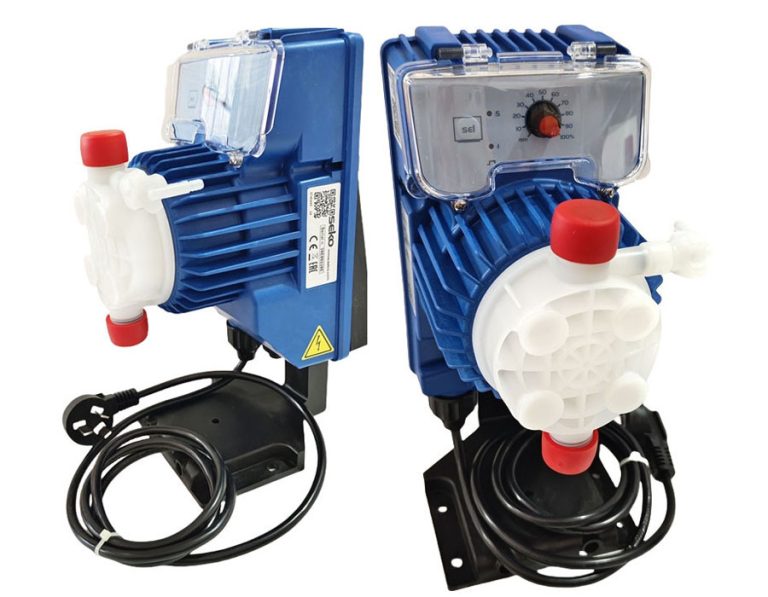One stop supplier of water treatment parts&accessories
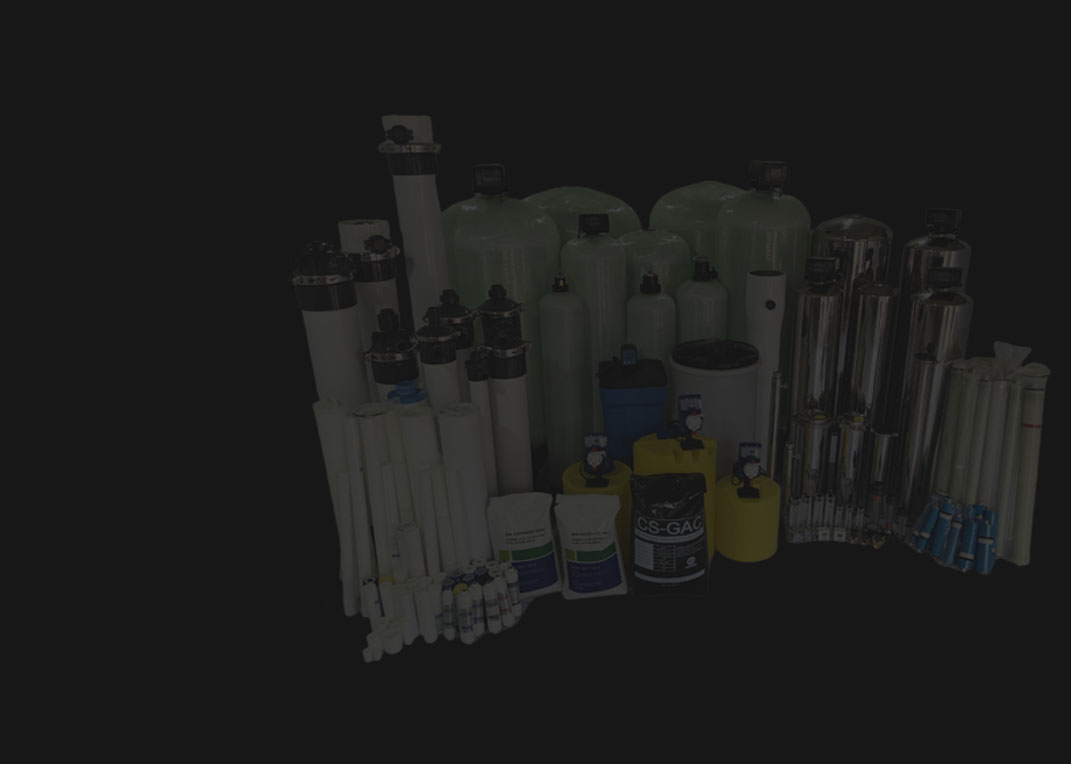
Dosing Pump for Chemical Liquid Chlorine Dosing Pump with Cheap Price
Overview
Dosing Pump for Chemical Liquid, specifically designed for the application of chemical liquids, is a crucial piece of equipment in water treatment processes. This type of dosing pump is engineered to precisely meter and dispense chlorine or other chemical agents into water systems, ensuring effective treatment and compliance with regulatory standards. By accurately controlling the dosage of chemicals, these pumps play a vital role in maintaining water quality, enhancing disinfection efficiency, and safeguarding public health.
Dosing Pump for Chemical Liquid Features
Chlorine Dosing Pumps are characterized by several key features that make them ideal for water treatment applications:
- Precision Dosing: Equipped with advanced metering mechanisms, these pumps can deliver precise amounts of chlorine, ensuring consistent water treatment results.
- Corrosion Resistance: Constructed from corrosion-resistant materials, these pumps can withstand the aggressive environment of chlorine and other chemicals, extending their lifespan and reducing maintenance requirements.
- Adjustable Flow Rates: Many models offer adjustable flow rates, allowing operators to fine-tune the dosage according to specific treatment needs.
- Self-Priming Capability: Some pumps feature self-priming capabilities, making them easier to start and use in a variety of applications.
- Compact Design: The compact design of these pumps allows for easy installation and integration into existing water treatment systems.
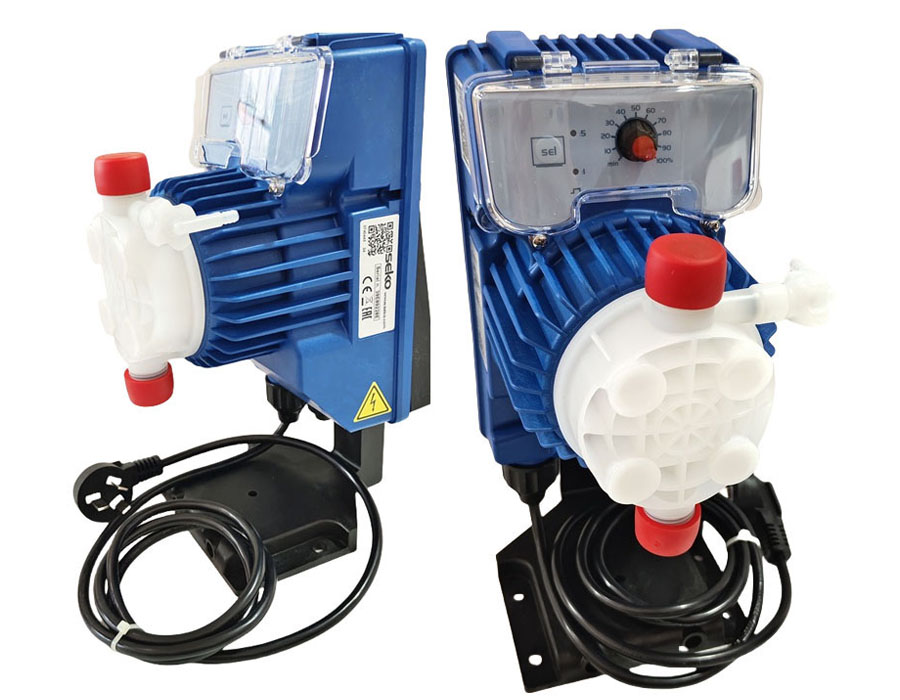
Technical Specifications
Technical specifications for Chlorine Dosing Pumps may vary depending on the manufacturer and model, but typical specifications include:
- Flow Rate: Ranges from a few milliliters per minute to several liters per hour, depending on the application.
- Pressure: Capable of handling pressures up to several bars, ensuring effective chemical injection into the water system.
- Material of Construction: Corrosion-resistant materials such as PVC, polypropylene, or stainless steel.
- Power Supply: Typically available in 110V, 220V, or other voltages to suit local electrical standards.
- Accuracy: High accuracy, often within ±1% or better, ensuring precise dosing of chemicals.
Operation and Maintenance
Operation:
- Ensure that the pump is properly connected to the water treatment system and that all necessary valves are in the correct position.
- Fill the pump with the appropriate chemical solution, ensuring that there are no air bubbles in the system.
- Start the pump and monitor its operation, adjusting the flow rate as necessary to achieve the desired chemical dosage.
Maintenance:
- Regularly inspect the pump for signs of wear or damage, and replace any worn parts as needed.
- Clean the pump and its components regularly to remove any build-up of chemicals or debris.
- Check the seals and gaskets for leaks and replace them if necessary.
- Ensure that the pump is properly lubricated, if applicable.
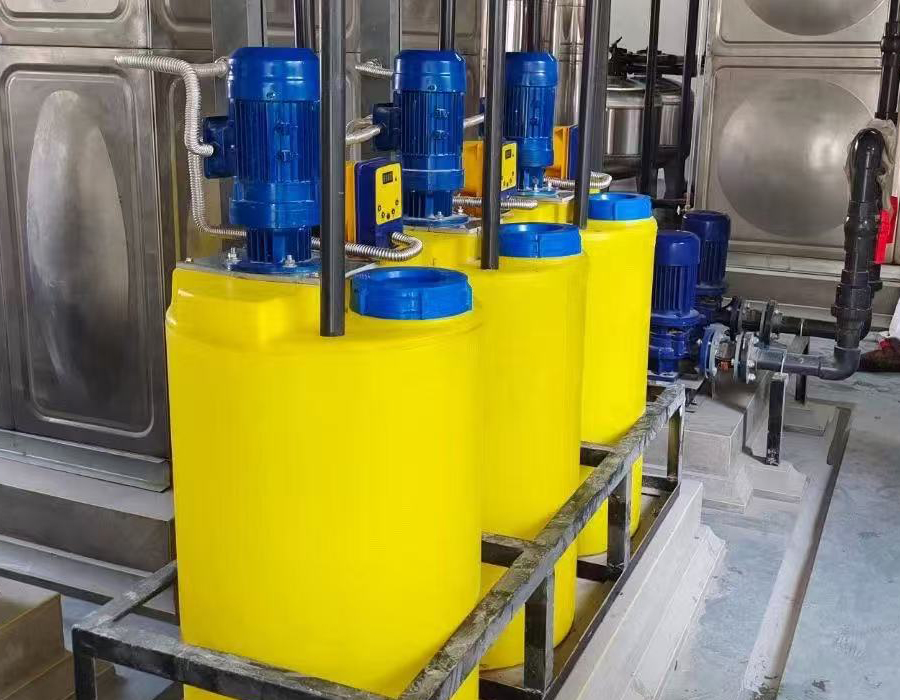
Common Issues and Troubleshooting
Despite their reliability, Chlorine Dosing Pumps may encounter some common issues. Here are some troubleshooting tips:
- Pump Not Priming: Check for air leaks in the system and ensure that all connections are tight. Also, verify that the suction line is not blocked.
- Flow Rate Variability: Inspect the pump for wear or debris build-up that may be affecting its performance. Adjust the flow rate settings if necessary.
- Leaks: Check all seals and gaskets for wear or damage and replace them as needed. Ensure that all connections are tight and properly installed.
- Noise or Vibration: Check for loose bolts or other mechanical issues that may be causing the pump to vibrate or make noise. Tighten any loose components and inspect for wear.
In conclusion, Chlorine Dosing Pumps are essential pieces of equipment in water treatment processes, ensuring the precise and effective application of chemical agents. By understanding their features, specifications, operation, maintenance, and troubleshooting tips, operators can maximize the performance and lifespan of these pumps, ultimately contributing to the safety and quality of treated water.


